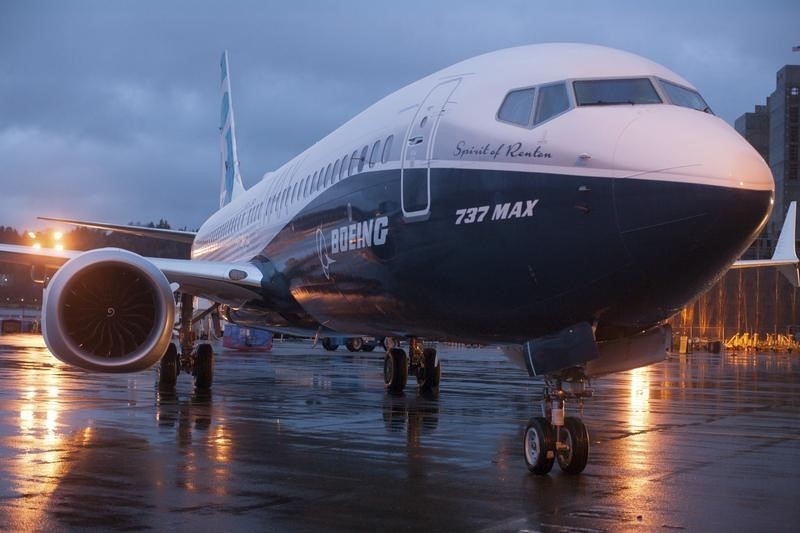In an effort to advance the aviation industry's sustainability goals, Virgin Atlantic is preparing for a landmark flight set to take off next Tuesday. The airline's Boeing (NYSE:BA) 787 Dreamliner will embark on a non-cargo journey from London Heathrow to New York JFK, exclusively powered by sustainable aviation fuel (SAF). This pioneering flight will carry notable figures such as Virgin Atlantic's founder Richard Branson and Britain's transport minister Mark Harper.
The upcoming flight is a significant step towards reducing the environmental impact of air travel. The Boeing 787, equipped with Rolls-Royce (OTC:RYCEY) Trent 1000 engines, will utilize SAF produced from a blend of used cooking oil, animal fat, and synthetic aromatic kerosene derived from corn waste. SAF is touted for its potential to cut carbon emissions by up to 70% compared to traditional jet fuel.
Despite the environmental benefits, SAF faces economic hurdles. Its production reached nearly 80 million gallons in 2022, tripling from the previous year, yet it still accounts for less than 0.1% of global aviation fuel consumption. The high cost of SAF, currently three to five times more expensive than standard jet fuel, remains a challenge for the industry.
European airlines are aiming to transition to using at least 10% SAF by 2030, aligning with broader ambitions to achieve net-zero emissions by mid-century. However, meeting the EU mandates for increased SAF usage within this decade has industry leaders concerned.
While the industry explores ways to make SAF more economically viable, environmental groups like Stay Grounded argue for the reduction of flight frequency as a critical action against climate change.
This flight not only marks a technological breakthrough but also sets the stage for the upcoming COP28 climate discussions in Dubai, highlighting the aviation sector's role in addressing global environmental challenges. Virgin Atlantic's initiative represents a strategic move towards carbon removal, with the airline implementing biochar credits as part of its net-zero emissions strategy.
This article was generated with the support of AI and reviewed by an editor. For more information see our T&C.
